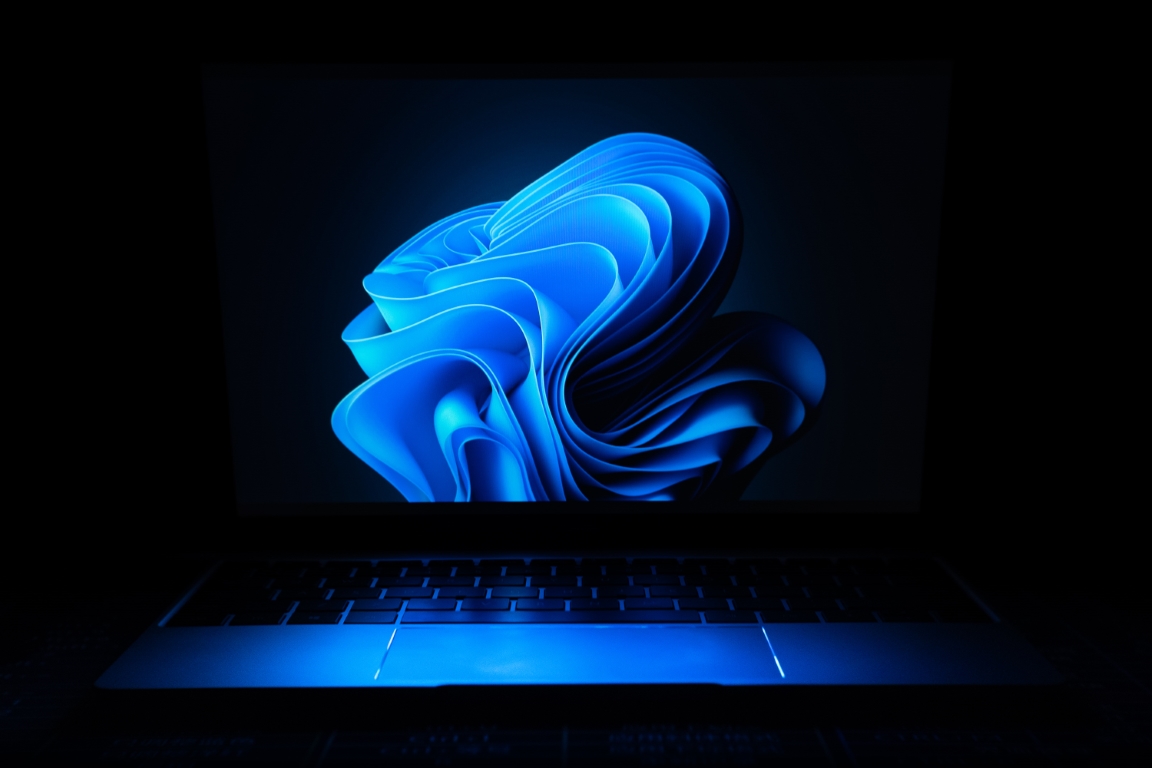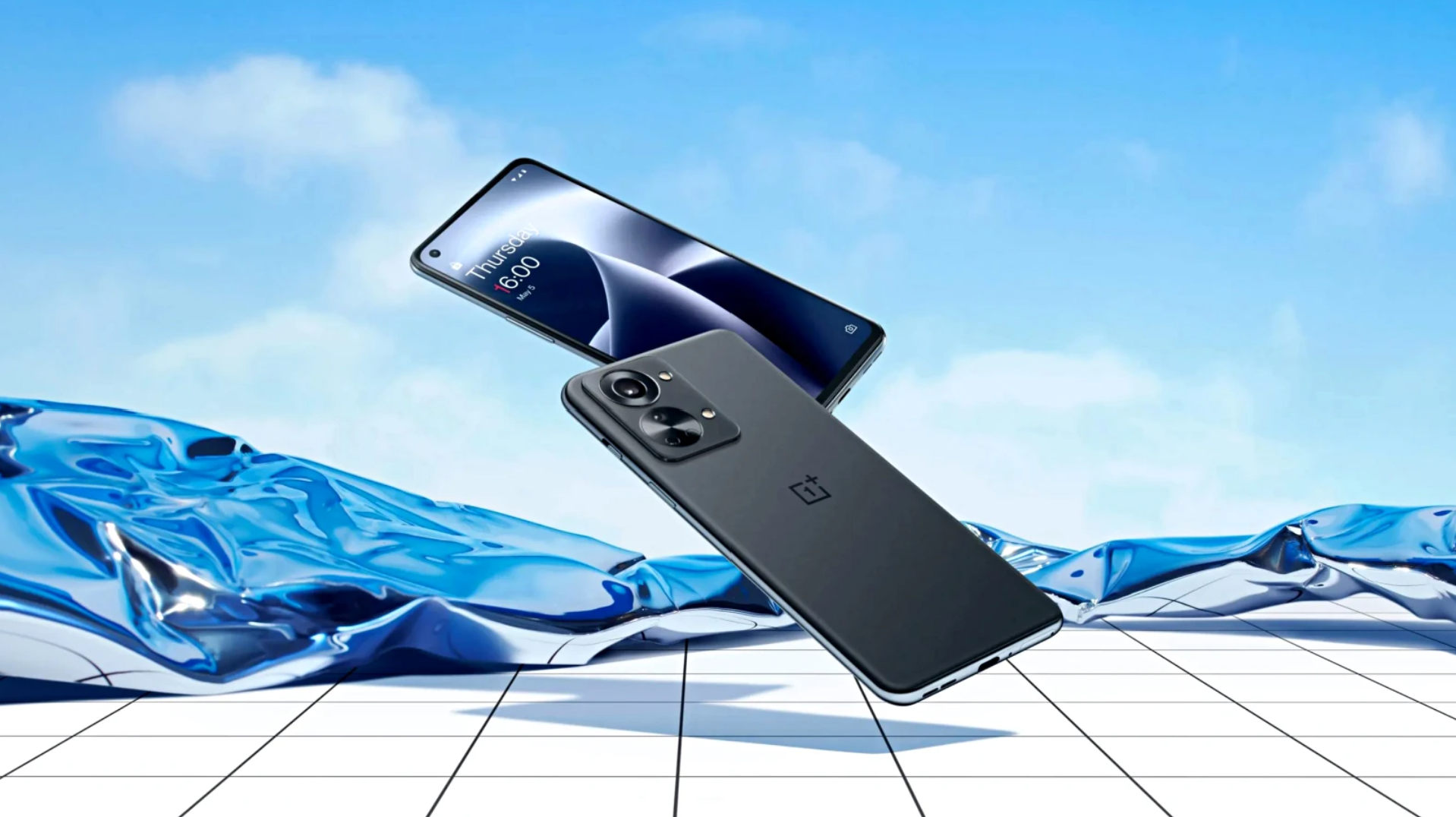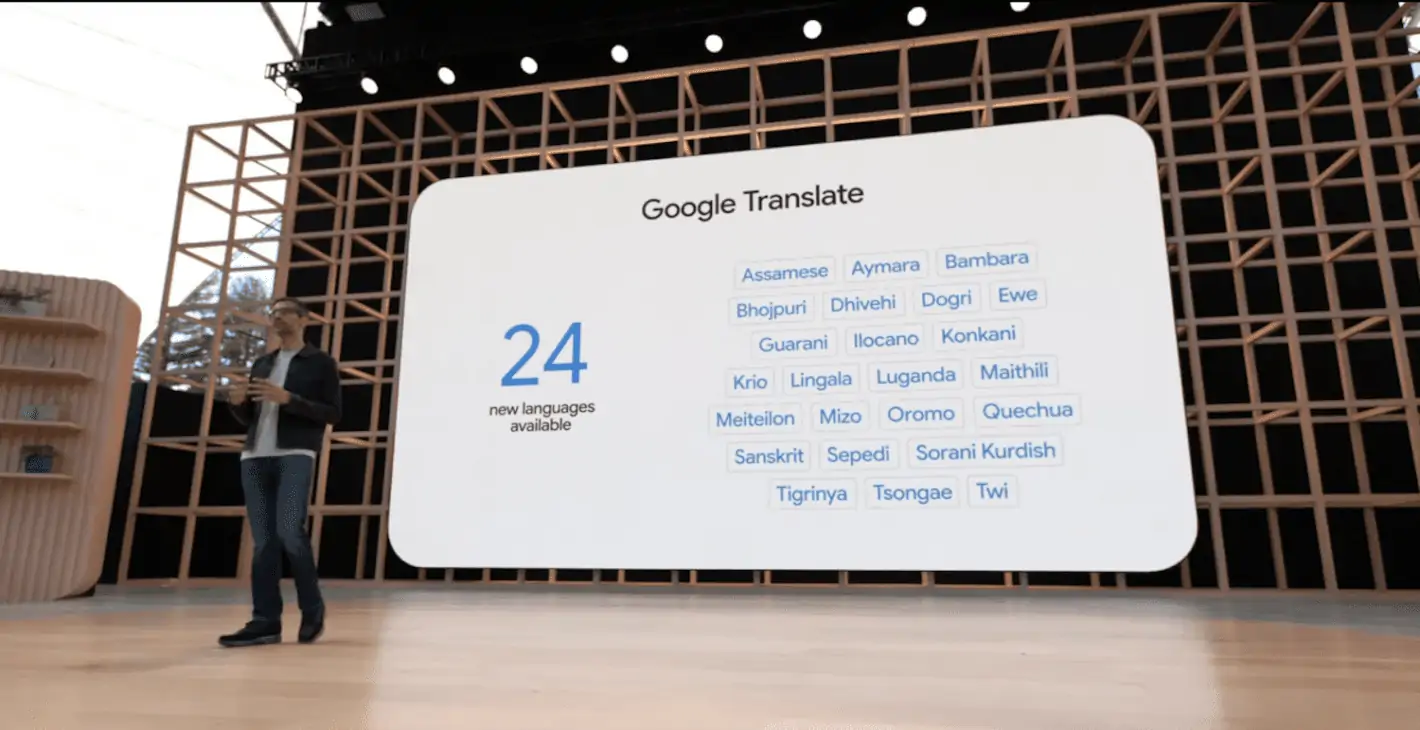S VEGAS—For the most part, smartphones are just thin flat pieces of metal, plastic, or glass. That’s it. There’s nothing inherently dynamic about them , from far away, every smartphone practically looks the same. That’s why it’s nice to see a curved phone come out to break up the monotony of the usual smartphone aesthetic—especially one as powerful as attractive as ‘s G Flex 2.
The G Flex 2 is a whopper of an improvement over its predecessor, the G Flex. took into account all of the negative feedback it received for its first-generation curved smartphone used that to map out the blueprints for this new device. The result is a seriously cool-looking smartphone that’s also the first of its class to run on 64-bit internals.
A better design that’s worth your time
You know that playground rhyme that goes, “First is the worst, second is the best?” That immediately popped up in my head when I first grabbed the G Flex 2. clearly put more thought into the design of this device, it shows.

Girl, look at that body. (No, really, look at it.)
The G Flex 2’s mid-chassis curvature isn’t as drastic as you’d expect, its thinner design makes it so that it doesn’t feel like a toy, like its predecessor did. It’s comfortable to use, too, doesn’t feel as hokey as last year’s G Flex.
touted the fact that its Smart Keyboard works even better with a curved display because it makes the phone more ergonomic. I can’t corroborate that with my own experience, but I can say that it felt good to cradle type on this device over my boring old flat phone. (It’s so boring now!)

The “Flamenco Red” version of the G Flex 2 quickly became my favorite.
The G Flex 2 is sturdy, despite the use of plastic in its construction. even invited the room of journalists to step on the phone to see how durable it is. (Spoiler: nothing happened, everything was fine.) It helps, too, that its display is covered in what calls a “dura-guard” glass, which is apparently 20 percent stronger than regular Gorilla Glass 3. said that it bought panels of Gorilla Glass 3 then enhanced the panels with a “chemical treatment” to make them stronger. (I asked what the chemical treatment was, but received an ambiguous answer.)
New outsides insides

didn’t just improve the G Flex 2 on the outside, but on the inside as well.
The G Flex 2 is ‘s first 64-bit Android device, running Qualcomm’s new 2.0GHz octa-core Snapdragon 810 processor. I didn’t have a chance to download any apps or put the operating system through its paces, but it certainly felt speedy. Then again, so does every new phone. I’m more impressed that managed to get Android 5.0.1 llipop optimized so quickly. Though the interface overlay is the same that’s featured on the G3, you’ll see llipop peer through in the nooks crannies of the interface. The phone is even encrypted right out of the box.

The G Flex 2 has llipop 5.0.1 right out of the box.
admitted that the camera sensor in last year’s G Flex did not meet expectations— I agree. The company addressed this folly by packing in a souped-up version of the G3’s 13-megapixel sensor bundling with it a few new features, including a dual-flash for more natural lighting, a faster ser Auto Focus, a better optical image stabilizer.
I snapped a few photos with the camera, but it’s always difficult to tell how well a camera sensor actually performs in a dimly-lit conference room. Thus, below is a photo of a zoomed-in photo that I took with the G Flex 2 as an example of how clear the end result is at the highest resolution. I’ll definitely put the camera through its paces in our photo lab once we get in a review unit.

The resulting image, close up. The photo is so blurry up close because the EG pixels blend together. Even my DS couldn’t focus in on it.
The G Flex 2 has a few other neat specifications, including: a 5.5-inch Full HD display, 2GB of RAM, a 2.1-megapixel front-facing camera, an expansion slot, a 3000 mAh battery pack. It’s also interesting to note that didn’t try to curve the Quad HD display it uses with its G3. The higher resolution display may have just been too much contend with.
Curved smartphones are the future

I hardly photographed the atinum Silver version because this red one was just too good looking.
ke it or not, curved smartphones are here to stay, they’ll become much more prevalent as companies like Samsung duel it out. The G Flex 2 may be ‘s second attempt at making it big in this category, but it’s going to be a tough act to follow.

















